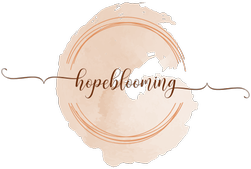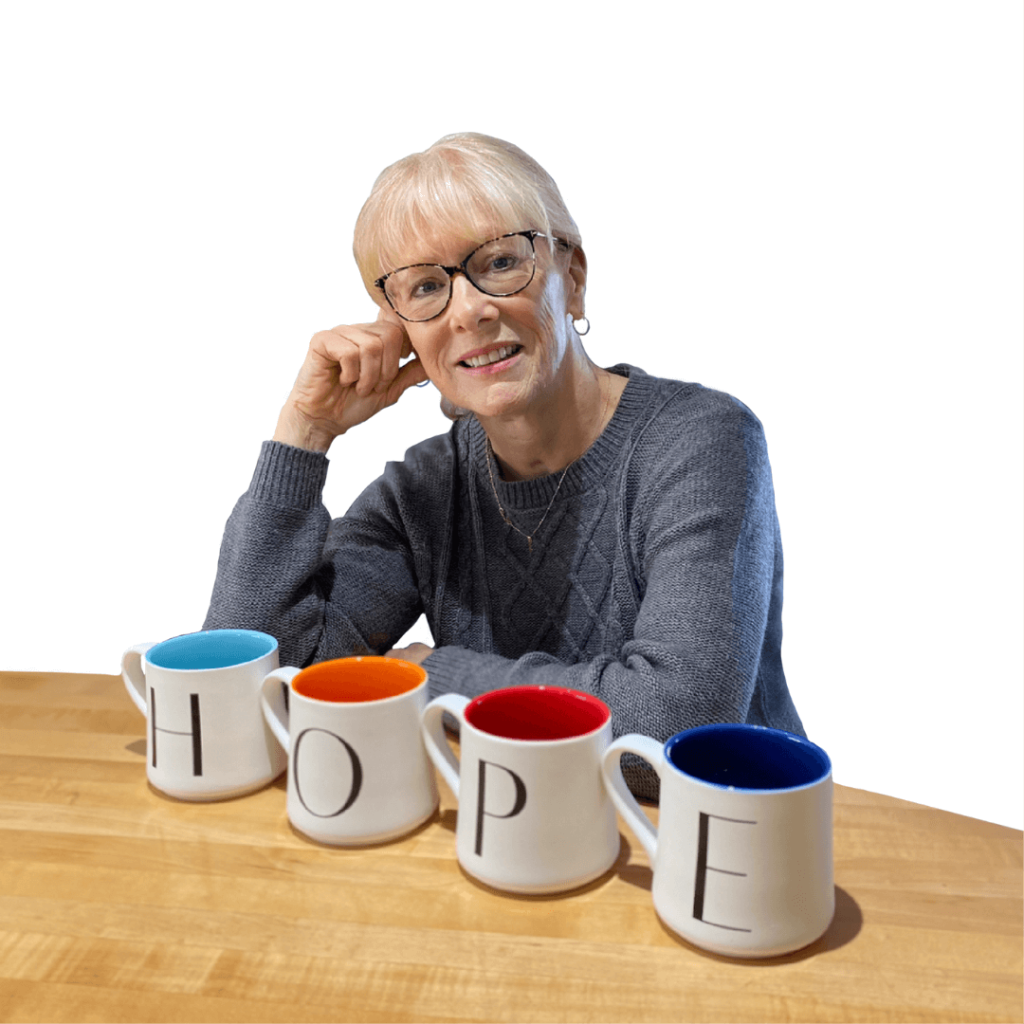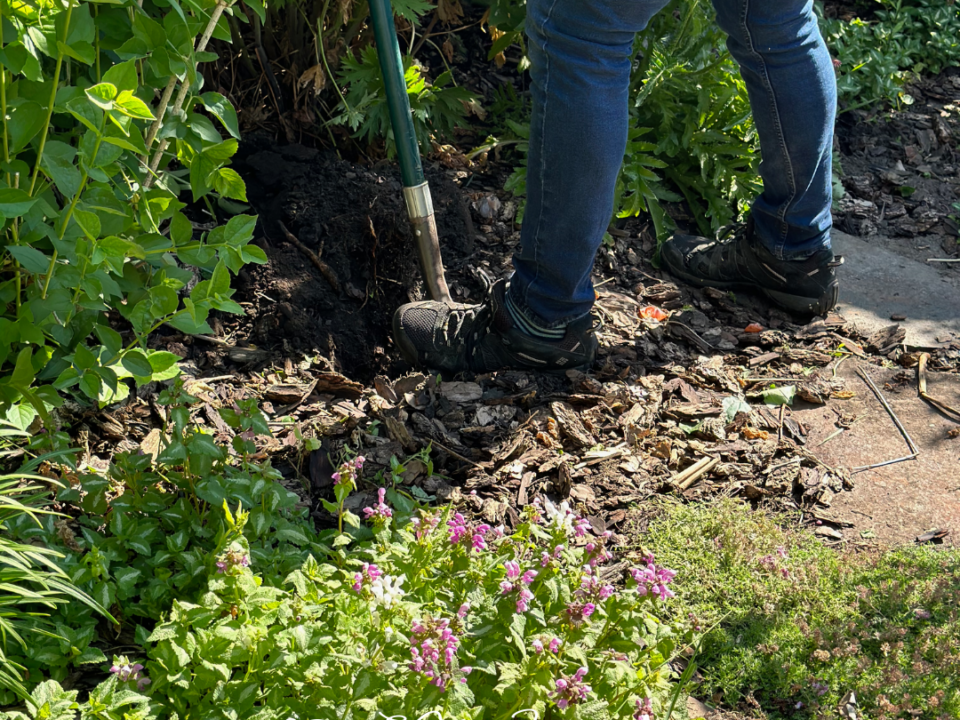
Soul Care and Cultivating Resilience
31 August 2023

What a Garden Experience Taught me about Caring for my Soul
5 July 2023
New Beginnings
27 January 2024Soul Care and Cultivating Resilience
How resilient are you?
More importantly… how’s your soul resilience?
Life is busy, complex, complicated, and filled with responsibilities. Did I say busy – right – it can sometimes be so overwhelming, so stressful, filled with zero time to do what you want, be it spending time with God, others, or yourself.
The image the word “resilience” brings to my mind is strength – like the image of someone standing on the top of a mountain. It sends me an implied message that it’s not just about strength but also success, achievement, and conquering all the big stuff.

Some days I don’t feel very much like a successful mountain climber.
How about you?
The stress of life’s busyness and life circumstances can take its toll on most of us. Some days I feel more like the water barrel I have at the corner of my house that always seems to be on empty – even after a rainfall.
My water barrel is supposed to capture all the rainwater so I can water my garden plants with natural rain water, but for some reason, every time I go to draw from it, it’s empty. I’ve checked for holes but can’t find them. Yet I’m sure there are tiny holes hiding from plain sight that let all that good water drain out not allowing me to use it in a way it was intended.
Let me ask you – do you feel more like the strong mountain climber or like the water barrel with holes? Maybe it depends?

Mountain climber vs. water barrel
If you answered mountain climber – wonderful, that’s amazing – please send me some of the soul care practices that help you. Sharing tips with others is good!
If you sometimes feel like that water barrel with holes depleting your energy and motivation, I hope that this blog might get you to consider ways that you can gently, lovingly attend to your soul. I also hope it will spur you on to consider ways to prepare for those challenging days while remembering that cultivating resilience takes time and tender loving care.
Back to the mountain climber. The question I have is… what if resilience is really something gentler that encompasses gradual growth, something that is not all about achieving but more about a process, a way of being, and cultivating a way of life? Maybe it’s something that embraces a more welcoming, patient, and gentle stance and is a process that embraces wholeness that attends to all parts of us – body, mind, spirit.

An image for soul resilience might be more like a grandpa’s old watch whose inner workings interconnect and work in a type of interdependent harmony because each part has been uniquely designed by its maker to have a role, a function, and when meticulously cared for works in harmony with the other parts as a whole.
Resilience is a journey. Resilience is a process. It is not a list of to-do’s that we must check off or work harder at. It’s a way of cultivating awareness and checking-in, being gentle, self-compassionate, taking the time to love ourselves while uncovering our needs with a welcoming acceptance in our lives as a continual way of tending to our soul – that which God created. Cultivating resilience can help us learn to live life well and embrace life despite all the challenges and limitations. And on those difficult days it could help us find new ways to embrace an enduring kind of hope.
Resilience grows as we grow and learn to welcome all those parts of our soul (body (all our physical parts), mind (thoughts, emotions, decisions), and spirit). Our soul condition affects our relationships with God and others.
Resilience is one of those things that when we practice soul care we tend to get better at it and can draw from it as a foundational gentle, loving practice to attend to ourselves. It can become something we draw upon during those difficult days. For years I taught about resilience and getting unstuck, then I realized how resilience is like a muscle that strengthens with slow, deliberate practice helping us find ways to cope on difficult days.
My difficult days were when I went through an oral cancer journey. My soul care practices helped me everyday care for different aspects of my soul and my relationship with God and others.
During those long isolated pandemic months of surgery, treatment, and recovery I had much time to reflect on what resilience and soul care meant in a crisis. It didn’t mean all my challenges vanished, or that I’d get my tongue back to the way it was, or that my cancer would never recur.
It meant that I was able to care for my soul (body, mind, and spirit) in ways that brought new wholeness and life, and it brought me closer to God and others despite what the future held. And best of all it made good changes in me and has allowed good fruit to be borne from a difficult situation.
Consider these words…
“We are often pushed into a crisis without any kind of experience or preparation; we end up stumbling through our period of suffering with shocked surprise. The worst emerges from us rather than the best. We get through, but not always unscathed. And bouncing back may be harder than expected.
But what if?
What if we become better prepared—body, mind, and spirit—and therefore more resilient? What if we make the choice to live well in the next part of our story? What if we manage our expectations that keep us stuck? What if we find ways to embrace life and the concept of wholeness, persevering along the way and mourning our losses? What if we become the best version of ourselves? What if we become more real because of our value?”
Buszowski, Fern, Embrace Life, Embrace Hope: Culttivating Wholeness and Resilience through the Unexpected, ( Winnipeg, Manitoba, Word Alive Press, , 2023), 103

Body, Mind, and Spirit
Our soul, created with loving care, is a made up of all parts of us – body, mind (thoughts, emotions), and spirit. When we attend to and care for ourselves holistically we can feel more resilient. The more resilient we become we seem to be better able to connect with God, others, and to face each day with hope – on the good days and even on the challenging days. And it will bring us a new kind of strength to persevere and the potential to bear good fruit.
Things to Consider…
Being present: Becoming aware of distractions that take us to the future or take us to the past means that we are not living in the present moment.
Cultivating: Cultivating check-ins a regular way of life that allow us to embrace each day and attend to the needs of our own soul so that we can be “the best me” we were designed to be.
Labelling: Identifying what our needs are by developing a simple, yet helpful vocabulary that helps us uncover a need and it may even include measuring the degree and depth of that need.
Awareness: Becoming aware of our needs. Awareness of what often gets in the way. Awareness of what is not lining up with our faith and values. Awareness of what is holding us back. Aware of deep needs for our body, our mind, our spirit, and our relationships with God and with others.
Compassion: Learning and finding compassionate loving ways to care for our soul holistically. Life is often difficult and wrought with challenges – are we being as kind, and compassionate to ourselves as we are to others?
Choices: Making choices to simplify life and keep the main thing the main thing in life?
Practice: Simplifying, establishing, and practicing regular traditions, routines, and ways to deepen our faith and relationship with God, and with others that enrich our soul growth, enhance life and relationships, and keep us on track with our purpose and mission.
Connecting: Connecting with God, individuals, and/or safe groups where we can receive in, reach out, and reach up together.
So … what one thing of these things can you begin with to become more soul resilient?
Stay tuned for the next month’s where I’ll talk a bit more about some of my soul care activities.
Have you Read my Book?
My book Embrace Life, Embrace Hope: Cultivating Wholeness and Resilience through the Unexpected was released June 15th, 2023 and is available at my publisher’s Word Alive Press, local Christian book retailers, Chapters/Indigo, Barnes and Noble, and many more.
If you’d like to give me a huge blessing, please consider writing an honest review.
Did you know how incredibly important it is to provide reviews for books? It helps with the algorithm so more people will see it and Amazon will promote the book more to potential readers.
Reading other’s reviews help potential readers determine if the book is for them or not.
Reviews encourage authors – especially first-time ones like me! We love feedback!
Did you know you can follow your favourite authors on Amazon and Goodreads?
I’d love it if you’d follow me!!
Check back often!
Sign up for our newsletter
See also
27 January 2024
Published by hopeblooming at 27 January 2024
Categories
31 August 2023
Published by hopeblooming at 31 August 2023
Categories




